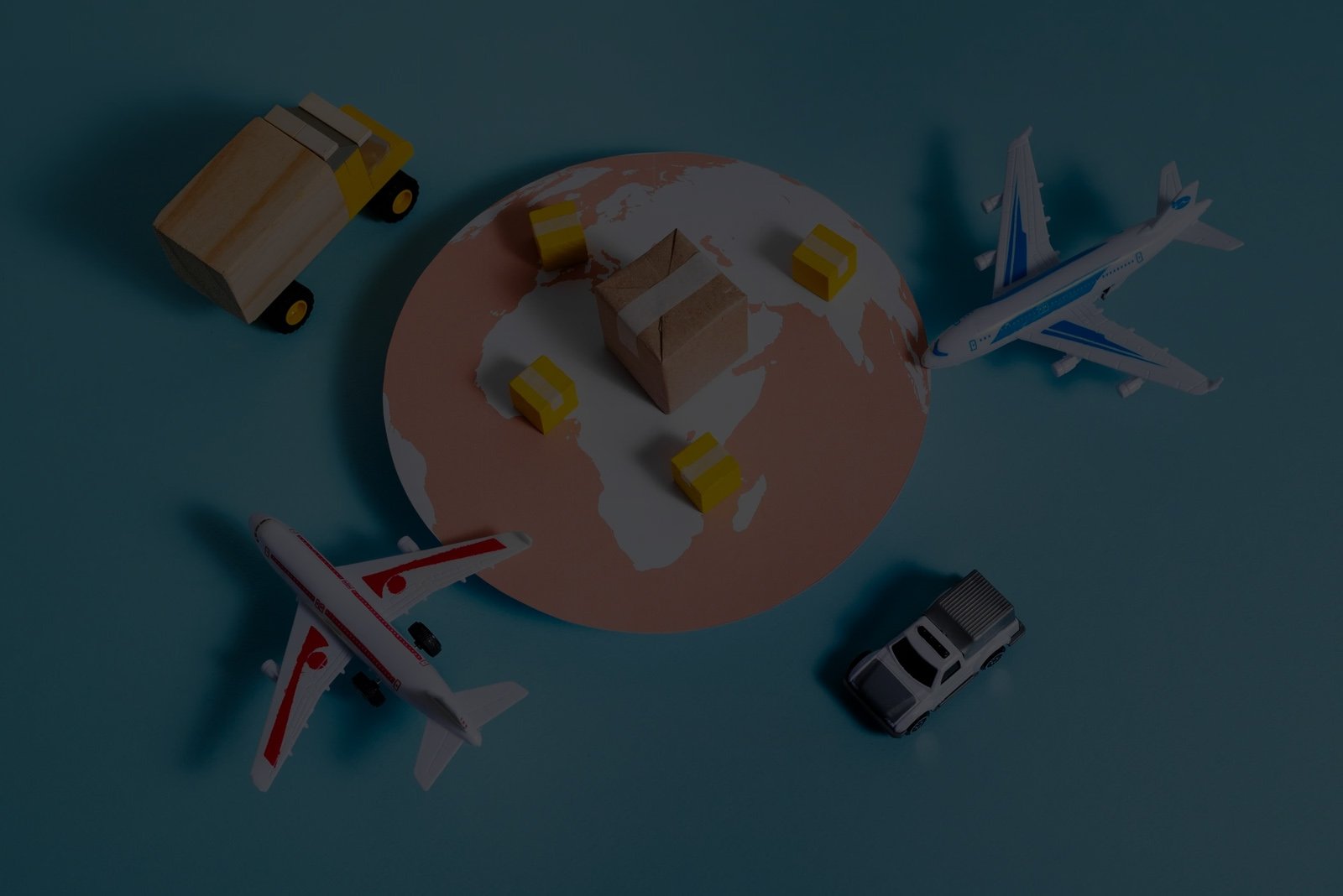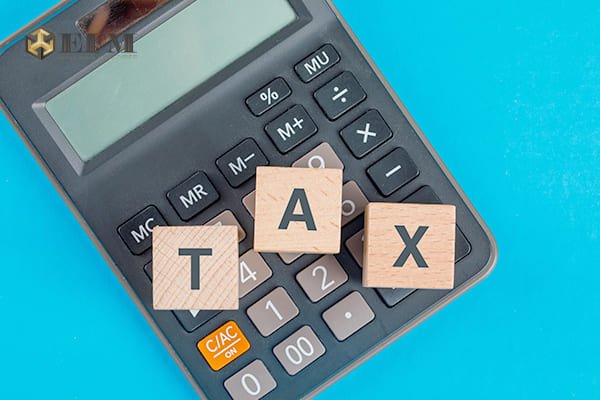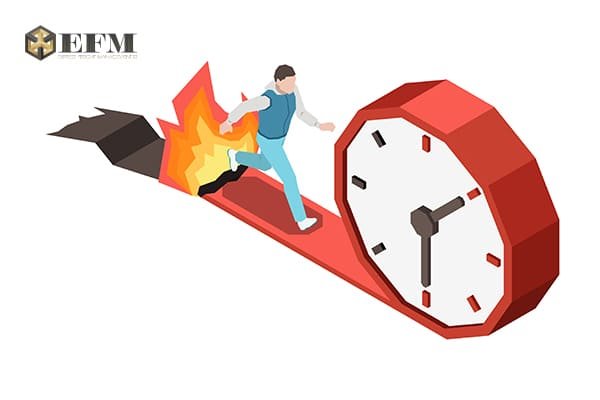
Freight News
Malaysia’s New SST: Your Business Guide

Effective July 1st, Malaysia is implementing significant changes to its Sales and Service Tax (SST) framework, a move designed to broaden the nation’s tax base and strengthen its fiscal position. For any business with a supply chain touching Malaysia, from regular exporters to those just learning about shipping to Malaysia, these changes will directly impact landed costs, customs clearance procedures, and overall operational planning.
Navigating this new regulatory landscape requires more than just awareness. Besides robust logistics services, proactive strategizing is required to mitigate the top 5 challenges in US-ASEAN logistics. This guide provides an immediate action plan to ensure compliance and a strategic framework to help you mitigate risk, control costs, and maintain a competitive edge.
The New Tax Rules

The most visible change is the expansion of the sales tax to cover a wider range of goods. The government is targeting non-essential and luxury products with a new tax rate of either 5% or 10%. This includes premium food items like king crab and salmon, which often require specialized refrigerated trucking to maintain the cold chain. A 5% tax will now apply to consumer electronics such as mobile phones, while higher-value lifestyle goods like racing bicycles and antique artworks will see a 10% tax.
Fortunately, a wide array of daily necessities and key industrial goods remains exempt, ensuring that the majority of consumers and core industries are not burdened. These exempt items include rice, flour, milk, essential medical equipment, books, and basic building materials.
Immediate Steps

To prepare for these changes, there are three critical steps to take right now.
First, and most importantly, is the need to audit your product classifications. The key lies in the product’s official Harmonized System (HS) code, which is central to the entire customs clearance process. For example, a standard bicycle may be exempt, but a “racing bicycle” is now taxed. An experienced logistics partner can help verify your HS codes against the latest Malaysian customs tariffs to prevent costly errors and delays at the border.
Next, it is essential to update your landed cost calculations. The structure of your shipping agreement, governed by Incoterms, determines who is responsible for these new taxes. The new 5% or 10% sales tax is a direct hit to your bottom line if not accounted for. However, this is just one component of the total cost. To budget accurately and protect your margins, you must understand the full picture of your freight charges.
Finally, proactive communication with your Malaysian counterparts is vital. Clear communication across the entire supply chain—from the factory floor to the final-mile trucking service—prevents confusion and keeps your goods moving.
Long Term Planning

Beyond immediate compliance, these SST changes present an opportunity to build a more resilient and efficient supply chain.
You must look beyond the direct product tax. The new regulations also expand the service tax from 6% to 8% for several sectors, including certain property rentals, construction, and financial services. These changes can create ripple effects, indirectly increasing your total cost of doing business through warehousing, project development, or financing fees. A thorough review of your entire door-to-door shipping process might reveal hidden cost implications that need to be addressed.
Crucially, the Malaysian Finance Ministry has provided a strategic opening for businesses to adapt. No penalties for non-compliance will be imposed until December 31st. This six-month grace period is your chance to test and perfect new documentation, costing processes, and customs declarations without the risk of financial penalty. Partnering with a forwarder familiar with Malaysian customs now can help you iron out any kinks and ensure you are fully prepared before the new year.
Ultimately, this regulatory shift allows you to turn compliance into a competitive edge. While competitors might face delays due to incorrect paperwork or unexpected tax liabilities, your well-prepared shipments will clear predictably. In today’s market, efficient, reliable customs clearance facilitated by a knowledgeable freight partner is a significant competitive advantage.
Conclusion
Navigating Malaysia’s new SST framework is now a critical part of shipping to the region. You can spend valuable time deciphering HS codes, calculating new landed costs, and worrying about customs compliance, or you can entrust it to a partner that has already mastered these changes.
Streamline your logistics with Express Freight Management – your trusted partner for seamless global shipping solutions. As your dedicated ASEAN freight forwarder, we can integrate these new SST requirements directly into our door-to-door logistics service. This covers the standard sea freight and air freight, as well as our international courier services. With expert knowledge, advanced technology, and a commitment to reliability, we provide seamless logistics management between the United States and Brunei, Cambodia, Indonesia, Laos, Malaysia, Myanmar, Philippines, Singapore, Thailand, and Vietnam. This helps you focus on what matters most—growing your business.
